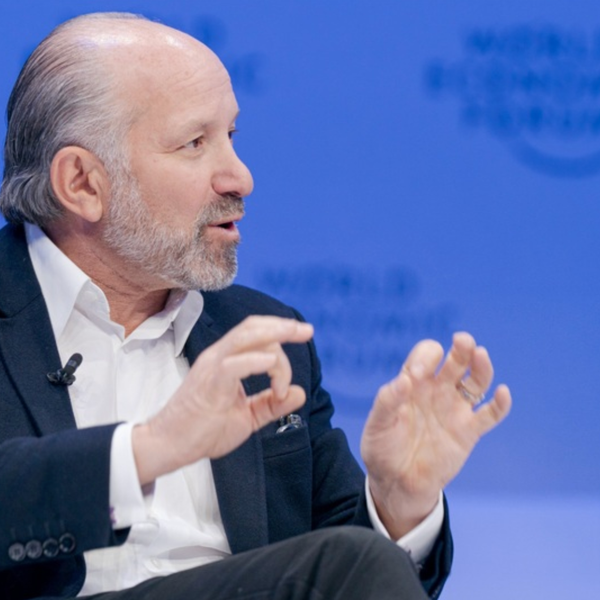
By David Pierson, Los Angeles Times
Few companies are potentially more vulnerable to climate change than the world’s biggest food and beverage brands.
Droughts are diminishing agricultural yields, and severe cold snaps like the one that crippled parts of the U.S. this year resulted in weeks of lost production.
Disruptions like that could raise the price of popular cereals like Kellogg’s Corn Flakes and General Mills’ Kix cereal as much as 30 percent in the next 15 years, said Oxfam, an international advocacy group.
The group sought to spell out the many worldwide costs of climate change in a report it released Monday calling on the globe’s 10 largest food and beverage companies to intensify their commitment to reducing greenhouse gas emissions.
Failing to do so could lead to more poverty and hunger, as the world’s population is expected to grow by one-third to 9.6 billion by 2050, the group says.
“If we’re going to feed 9 billion people sustainably and avert a climate catastrophe, then these companies driving demand for billions of dollars’ worth of agricultural products have to be major actors,” said Raymond C. Offenheiser, president of Oxfam America. “There’s not only a moral reason for them, there’s also good business reasons why they should care about this.”
The report is the latest in Oxfam’s Behind the Brands campaign, which scores the 10 companies in social and environmental responsibility.
The brands included Coca-Cola, Danone, General Mills, Kellogg, Mars, Nestle, PepsiCo and Unilever.
The companies emitted 263.7 million tons of greenhouse gas emissions in 2013, Oxfam said. If the group of companies were a nation, it would be the 25th most polluting country in the world, Oxfam said.
“They have the economic power to drive the required transformation of the food system and to influence the direction of the wider global economy,” the report said. “Their vested interests coincide with the world’s need for a cleaner and more equitable global food system and a sustainable energy system.
“But they are not properly acting upon this coincidence.”
The report said the food industry is responsible for a quarter of the globe’s greenhouse gases. (That figure is 10 percent in the U.S., according to the Environmental Protection Agency.)
Agricultural emissions include the nitrous oxide released from fertilizers and methane from livestock, as well as indirect emissions caused by deforestation and the production of raw materials.
The report isn’t all bad. Oxfam lauded most of the companies for refusing to buy palm oil produced on deforested land and noted that all 10 companies had recognized some need to reduce agricultural emissions.
In most cases they also measure and report all their agricultural emissions each year to an independent third party organization called the Carbon Disclosure Project.
Two American companies do not go that far. Kellogg and General Mills don’t fully report to the Carbon Disclosure Project some Scope 3 emissions, which is pollution caused indirectly through a company’s supply chain, Oxfam said.
In an emailed statement, General Mills said it has done much to combat climate change. It set a goal of 2015 to reduce emissions in the company’s direct operations 20 percent and reduce transportation fuel usage rates 35 percent. Last month, General Mills joined Wal-Mart to promote sustainable farming through the nonprofit organization Field to Market.
“There is more to be done, of course. But General Mills is mischaracterized in this report” by Oxfam, the company said.
Kellogg said through a spokesman: “We are working on multiple fronts to further reduce our greenhouse gas emissions and waste, as well as the energy and water we use.”
Oxfam is encouraging the 10 companies to disclose the most polluting suppliers and begin setting emission reduction targets for them.
©afp.com / Mario Tama








